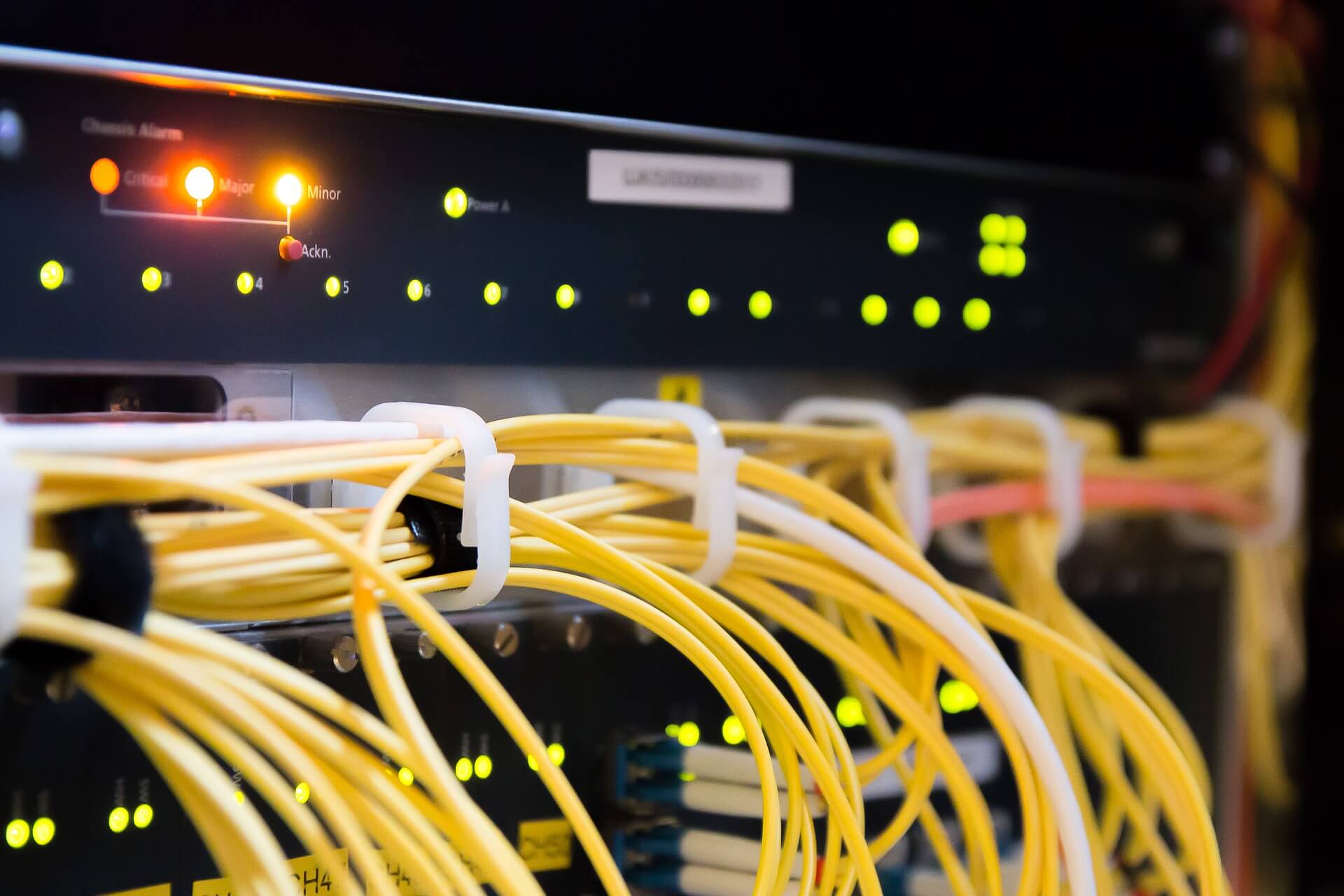Data protection is paramount to internet security and privacy. As everything digital starts to take over, hacking and the deliberate spread of malware are more rampant today than ever. News of different organisations—government or private—getting hacked are left and right nowadays.
Ransomware is a type of malware that threatens to publish an attacked user’s data. Unless they pay a ransom, victims will not be able to access their information. Just recently, a company named Cognizant suffered a ransomware attack. Cognizant is one of the largest tech and consulting companies today, which goes to show that anyone can be vulnerable to a security breach.
To prevent such an event, you can use a firewall. It is a type of software that protects your computer from other malicious software, such as ransomware. It prevents hackers from gaining access to your private data and information without your consent.
Computers nowadays have a built-in firewall. However, those firewalls only do basic protection. They don’t keep your data completely safe, which is what dedicated firewalls are great at doing.
What are the different types of dedicated firewalls?
There are two main types of firewall: Client-based, which are software installed on a computer, and Hardware firewalls.
Client-based firewalls include proxy, also known as a gateway firewall, and Unified Threat Management (UTM) firewalls. The primary difference between the two falls within their interface. A proxy firewall filters messages, while a UTM is mainly used simultaneously with antivirus software and is all about ease of use.
Hardware firewalls include traditional and Network Address Translation (NAT) firewalls. Traditional firewall, or Stateful Inspection Firewall, is a gate that holds traffic activity based on a specific protocol. It denies certain traffic activity unless it is safe to proceed. Traditional firewall protection begins as soon as the user connects to the internet.
On the other hand, a NAT firewall protects the user’s computer or a network by hiding them under a single IP address, preventing unauthorised access from the public. Only users within the network can view a specific computer’s IP address.
How are dedicated firewalls better?
Because built-in firewalls cannot as effectively protect a computer from security attacks, a dedicated firewall adds another layer of protection to your private information. These applications prevent unauthorised access, and they block unwanted content or software like ransomware from installing themselves into your computer.
Because dedicated firewalls stop unauthorised users from gaining access to a personal computer or a network, it creates a safe environment for online interaction. More importantly, extremely confidential information, such as banking credentials, home addresses, etc., remain secure from prying eyes.
How to enhance data security?
It is important to note that dedicated firewalls are still not failsafe, and it’s best to take the extra mile when it comes to protecting your computer. When browsing the internet, especially in public places, use a Virtual Private Network (VPN) to protect your activity from being spied on by hackers.
If you’re a business owner, you can hire IT support services to improve your business’s security significantly so that you wouldn’t have to worry about falling victim to ransomware as Cognizant did.
Conclusion
Dedicated firewalls can be considered as the second, third, or even fourth layer of security. They give hackers and unauthorised users a hard time by keeping private data and information protected. Having a dedicated firewall is extremely important, especially in an age where hackers are becoming increasingly adept in breaching security.
We provide IT support services in Rotherham! Learn how you can keep your business safe from prying eyes by getting in touch with us today.

